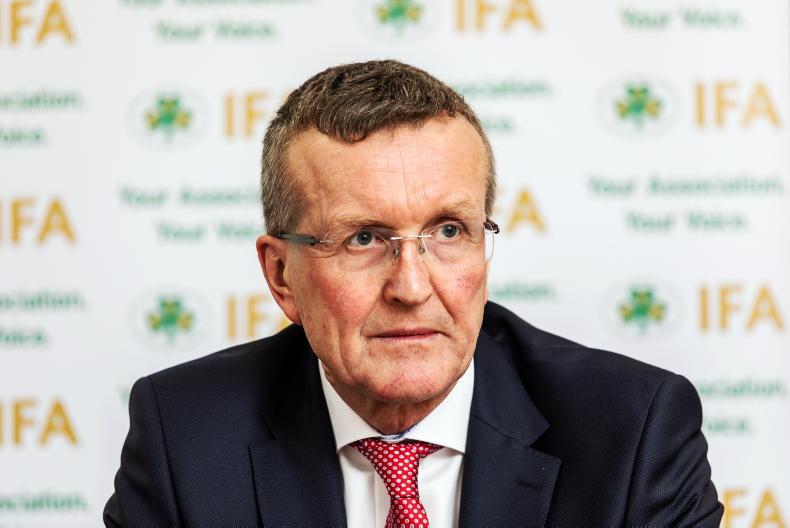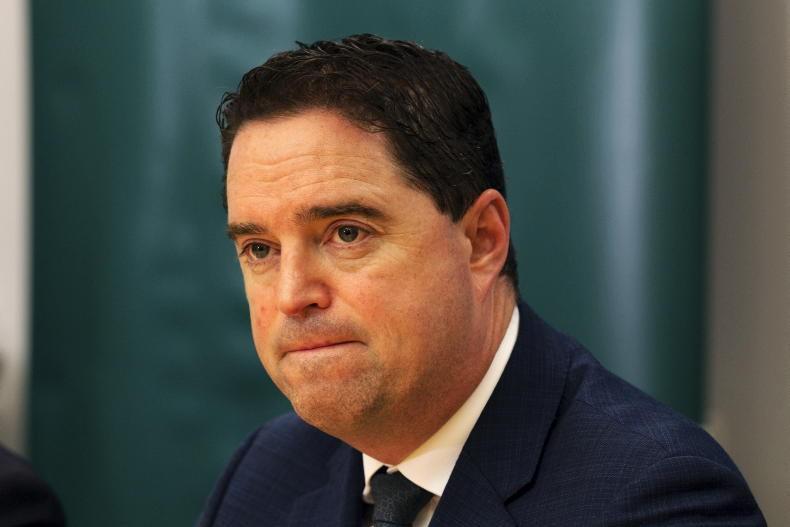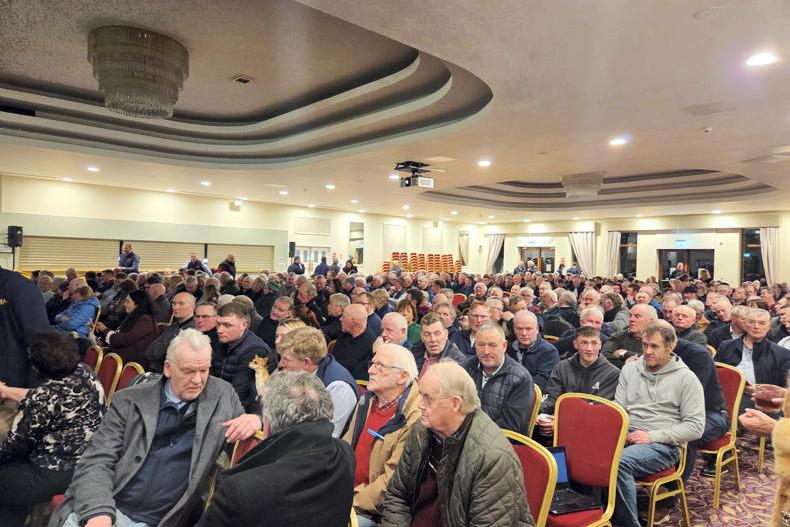Farmers need more supports to deal with rising input costs, particularly in the struggling beef and sectors, according to Irish Farmers' Association (IFA) president Tim Cullinan.
Cullinan stated that input costs outpacing of farmgate prices underscored the need for farmers to be able to enter an agri-environmental scheme.
However, many of those currently enrolled in the Green Low-Carbon Agri-Environment Scheme (GLAS) will miss out on payments under the Agri-Climate Rural Environment Scheme (ACRES) in 2023 unless the deadline is extended even further, he argued.
The Department of Agriculture granted farmers and advisers a two-week extension to the deadline for the first tranche of ACRES, but Cullinan commented that this extension was insufficient to cater for farmer demand.
“Relatively strong output prices have helped somewhat in mitigating against the input price rise, but, worryingly, aggregate prices in our most vulnerable sectors are under pressure and below what the market might be expected to deliver,” the IFA president warned.
“Many simply won’t have the capacity to continue operations at existing input or output prices,” he said, citing a drop in September’s cattle and sheep prices.
Cullinan recognised that some supports have been offered to farmers in Budget 2023, but called for more to be granted over the coming months.
Fertiliser crisis
The IFA president called on Government to step up to support farmers through the fertiliser cost and availability challenges they are experiencing.
He claimed that the European Commission’s communication document on fertilisers had pointed to member states to deal with the crisis, rather than paving the way for a range of EU-wide measures.
“It needs Government action and support, because there appears to be limited direct interventions against the rising input cost crisis coming from the EU in the short term,” he said.
Cullinan also commented that EU fertiliser capacity had lifted somewhat and that lower gas prices must mean cheaper fertilisers for farmers.
“This has seen the resumption and an increase in production capacity across many EU fertiliser plants, which will help ensure increased supplies at lower costs into the future.
“Given the phenomenal inflationary input price endured by farmers, this reduction in production costs must be passed on to farmers immediately so they can secure supplies for the coming spring and help preserve soil fertility and crop growth,” he said.









SHARING OPTIONS